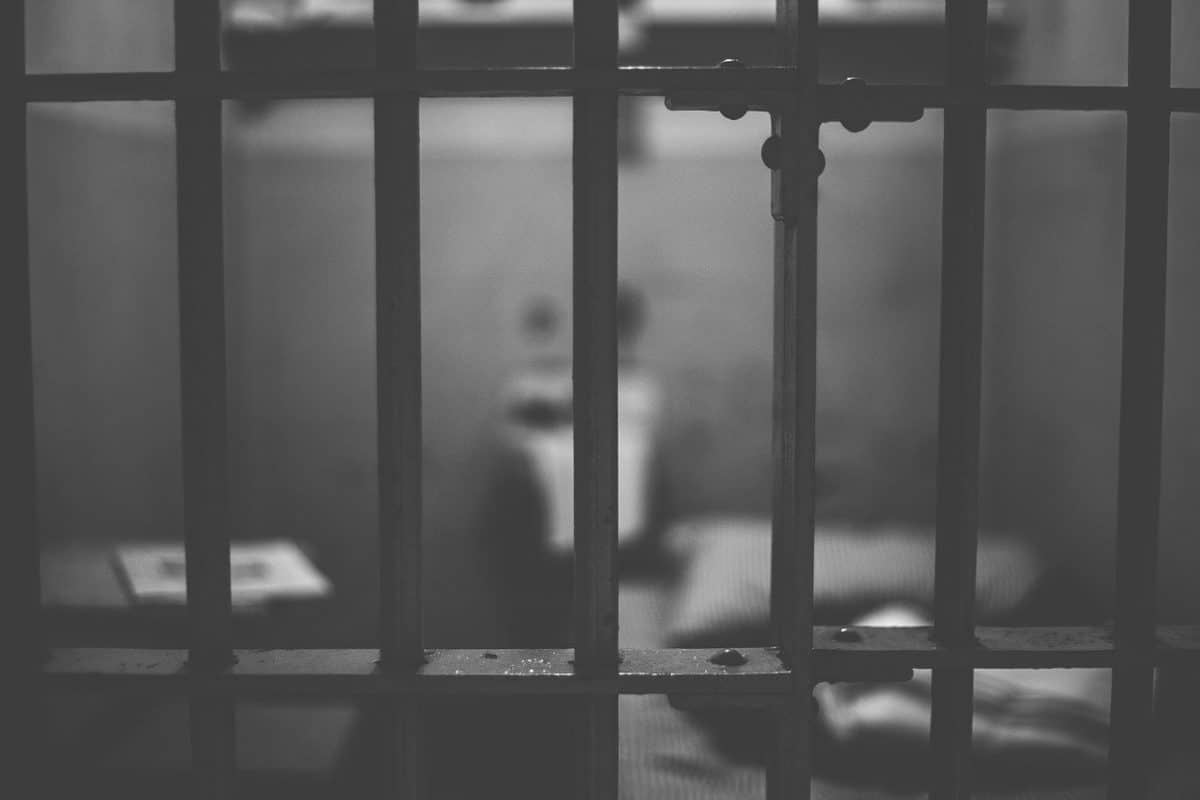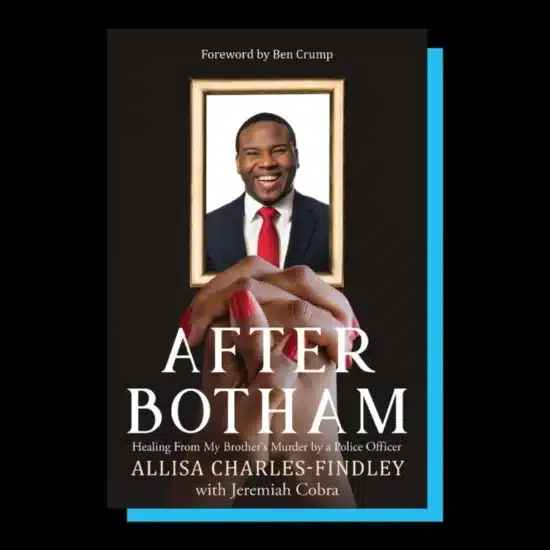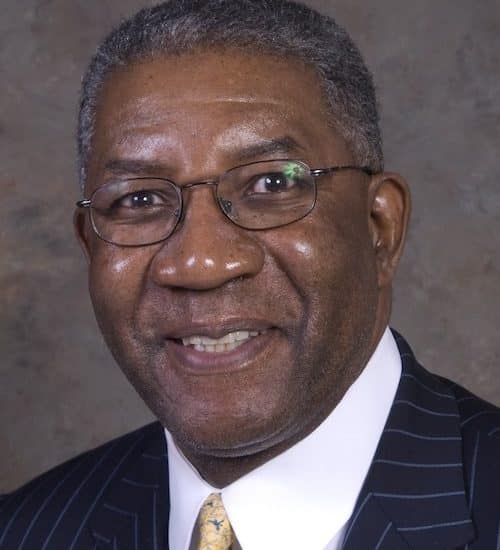
Let’s imagine a parable. A man makes some mistakes and gets busted for drug offenses. He receives a harsh sentence of 25 years without any chance of parole. A few years later, state leaders decide sentences without a possibility of parole for drug offenses are unjust. So, they change the law. The man in prison then petitions the court for a change in his sentence. A judge agrees and the man is paroled after serving 11 years behind bars.

Brian Kaylor
Over the next two years, the man acts exactly like we hope ex-convicts will: He owns and operates a local business, supports his kids and other family members, mentors troubled youth to urge them to avoid his path, stays out of trouble, and follows all of his parole provisions. But then a few politicians and judges argue that, even if sentences without a possibility of parole are unjust, the law shouldn’t be applied retroactively. So, they decide to haul the man back to jail.
Sadly, this parable is the real story of Dimetrious Woods of Columbia, Missouri. And he could be sent back to jail as early as today (Feb. 19) simply because of a technicality that he was sentenced before lawmakers recognized the law was unjust.
But why should he be punished because our lawmakers were slow to recognize their error?
The ethical inconsistency of saying such sentences shouldn’t be allowed but we’ll keep the previous ones in place is unjust and immoral. If such sentences are wrong, then they are wrong. We shouldn’t measure truth or justice by a calendar.
Imagine if we decided the death penalty was immoral and banned giving anyone that sentence but decided to go ahead and execute those on death row anyway. If it’s immoral to give the sentence to someone convicted today, it’s immoral to carry it out against those convicted yesterday. And it becomes even more unjust to not treat defendants equally.
Woods was sent to prison in 2007 and would’ve spent 25 years there had a bipartisan bill not passed in 2014. The reworking of Missouri’s criminal code passed the Republican statehouse and was signed by the Democratic governor. One reform stripped away the no-parole stipulation for repeat drug offenders like Woods. After a judge ruled his sentence should also be changed — something multiple lawmakers have supported as they said they intended the change to be retroactive — he was paroled in 2018.

Image by Edward Lich from Pixabay
But then-Attorney General Josh Hawley, who has been accused in a state audit of using his public office to climb the ladder to the U.S. Senate, decided to fight the ruling as part of his “tough on crime” political image. Then earlier this month, the state’s Supreme Court agreed, arguing the parole for the 40-year-old Woods should be revoked and he should be returned to prison for another 12 years, just because.
That’s not justice. But it’s not a surprise either. We are, after all, the nation that locks up the largest percentage of our citizens — especially African Americans like Woods. That’s not by accident. The 13th Amendment to the U.S. Constitution ratified in 1865 that banned slavery and involuntary servitude carved as an exception: “as a punishment for crime.” This launched a new wave of locking up blacks to serve the new prison plantations through convict leasing and mass incarceration, injustices that have been called “the new Jim Crow” and “slavery by another name.”
There is still hope. Governor Mike Parson, a Southern Baptist who as a lawmaker voted for the 2014 criminal code reform bill, could commute Woods’s sentence so he doesn’t have to return to prison. Like Hawley, Parson often speaks of the impact of his faith on what he does in office. Religious groups like Churchnet and Missouri Faith Voices are among those urging Parson and other state leaders to intervene.
The question, then, is will Parson avoid the unjust approach of Hawley and choose a faith clearly found in the Bible. The faith of Luke 4, where Jesus said he came “to proclaim freedom for the prisoners.” The faith of Amos 5, where the prophet condemns those who “deprive the poor of justice in the courts” and then calls for letting “justice roll on like a river, righteousness like a never-failing stream.” The faith of Matthew 25, where Jesus tells us to serve the “least of these” like prisoners. Or the faith of numerous other passages about justice and mercy.
The issue here isn’t one of asking for mercy as opposed to justice. Mercy in this case is also justice. This is a case of what attorney Bryan Stevenson calls “Just Mercy.” As he powerfully documents, too often justice without mercy is neither:
“The true measure of our character is how we treat the poor, the disfavored, the accused, the incarcerated, and the condemned.We are all implicated when we allow other people to be mistreated. An absence of compassion can corrupt the decency of a community, a state, a nation. Fear and anger can make us vindictive and abusive, unjust and unfair, until we all suffer from the absence of mercy and we condemn ourselves as much as we victimize others. The closer we get to mass incarceration and extreme levels of punishment, the more I believe it’s necessary to recognize that we all need mercy, we all need justice, and — perhaps — we all need some measure of unmerited grace.”
Thus, we as Christians must take up the mantle of just mercy. We must take up the call of Luke 4, Amos 5, and Matthew 25. We must proclaim the Good News that doesn’t just sound nice in a stained-glass sanctuary but is actually good for those behind bars.






